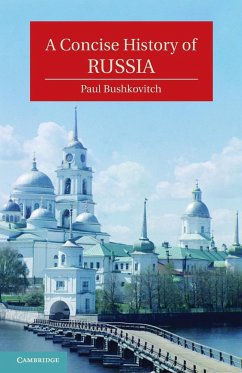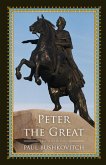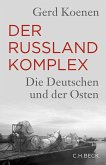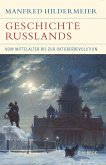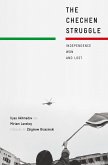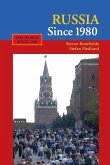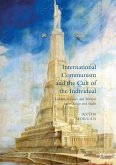Accessible to students, tourists and general readers alike, this book provides a broad overview of Russian history since the ninth century. Paul Bushkovitch emphasizes the enormous changes in the understanding of Russian history resulting from the end of the Soviet Union in 1991. Since then, new material has come to light on the history of the Soviet era, providing new conceptions of Russia's pre-revolutionary past. The book traces not only the political history of Russia, but also developments in its literature, art and science. Bushkovitch describes well-known cultural figures, such as Chekhov, Tolstoy and Mendeleev, in their institutional and historical contexts. Though the 1917 revolution, the resulting Soviet system and the Cold War were a crucial part of Russian and world history, Bushkovitch presents earlier developments as more than just a prelude to Bolshevik power.
Hinweis: Dieser Artikel kann nur an eine deutsche Lieferadresse ausgeliefert werden.
Hinweis: Dieser Artikel kann nur an eine deutsche Lieferadresse ausgeliefert werden.
'For any student trying to get a grasp of the essentials of Russian history this book is the place to start. To cover everything from the origins of the Russian people to the collapse of the Soviet Union in one short book requires great skill, but Paul Bushkovitch is one of the leading experts on Russian history in the world and he manages this task with great insight and panache.' Dominic Lieven, University of Cambridge
